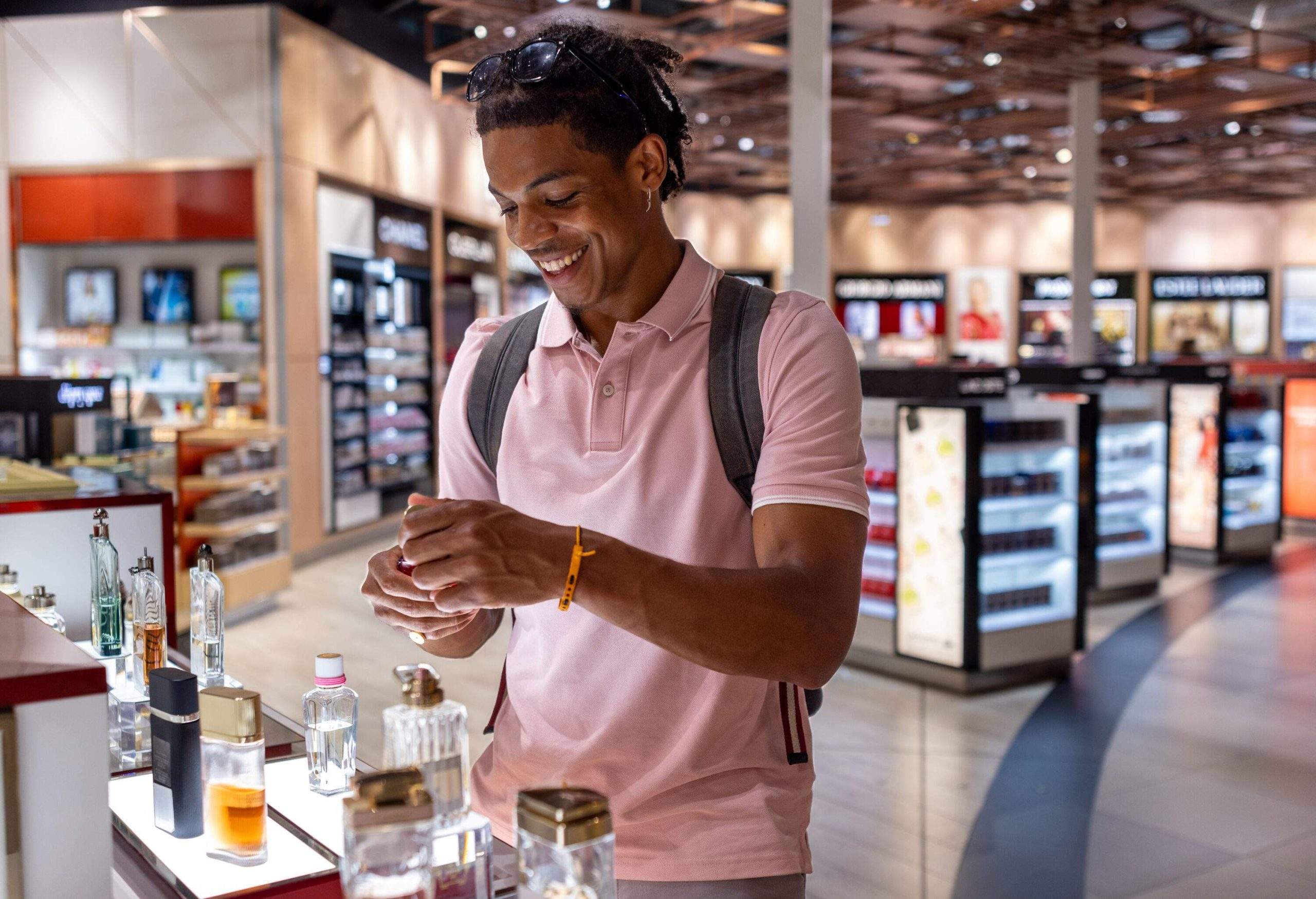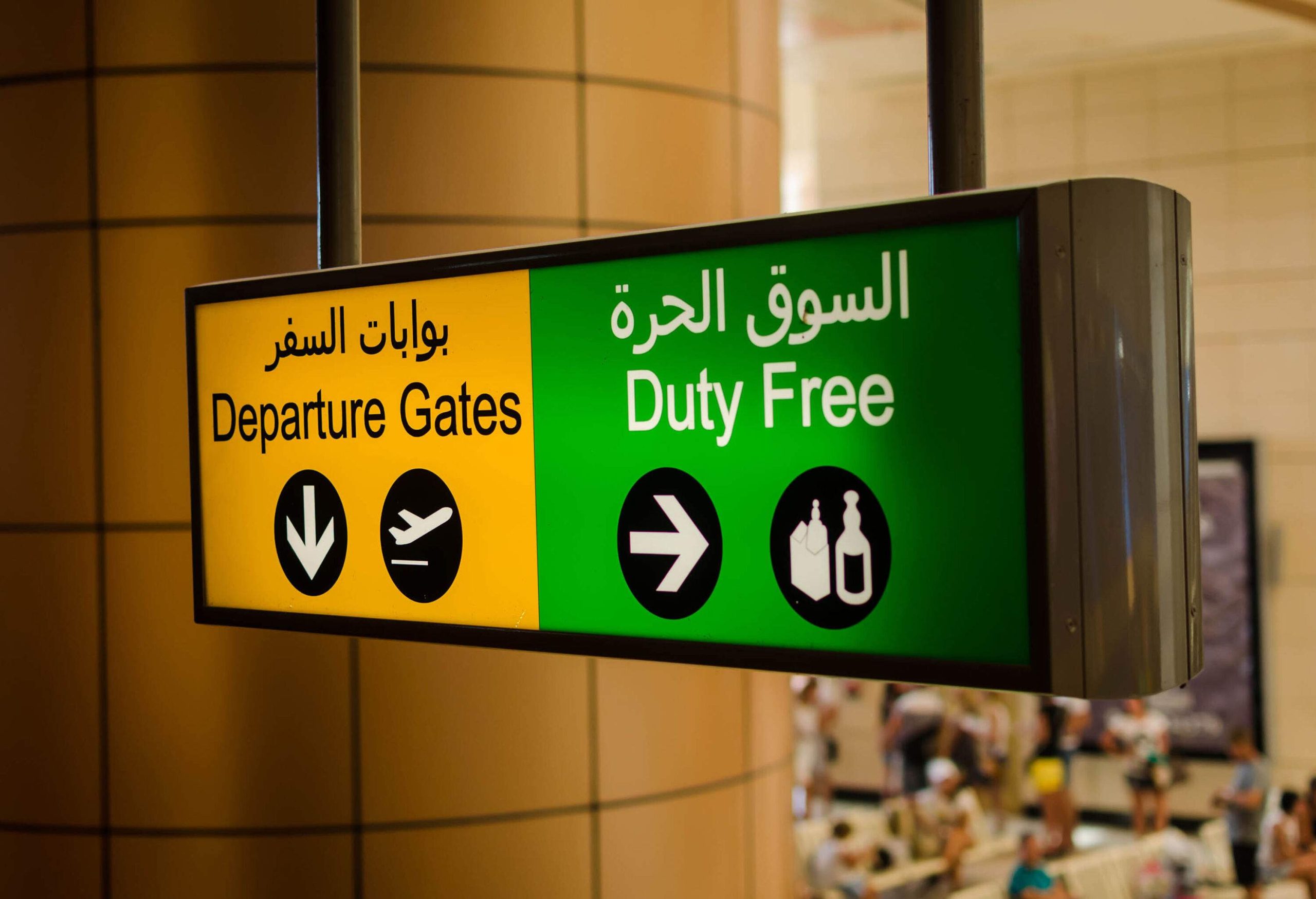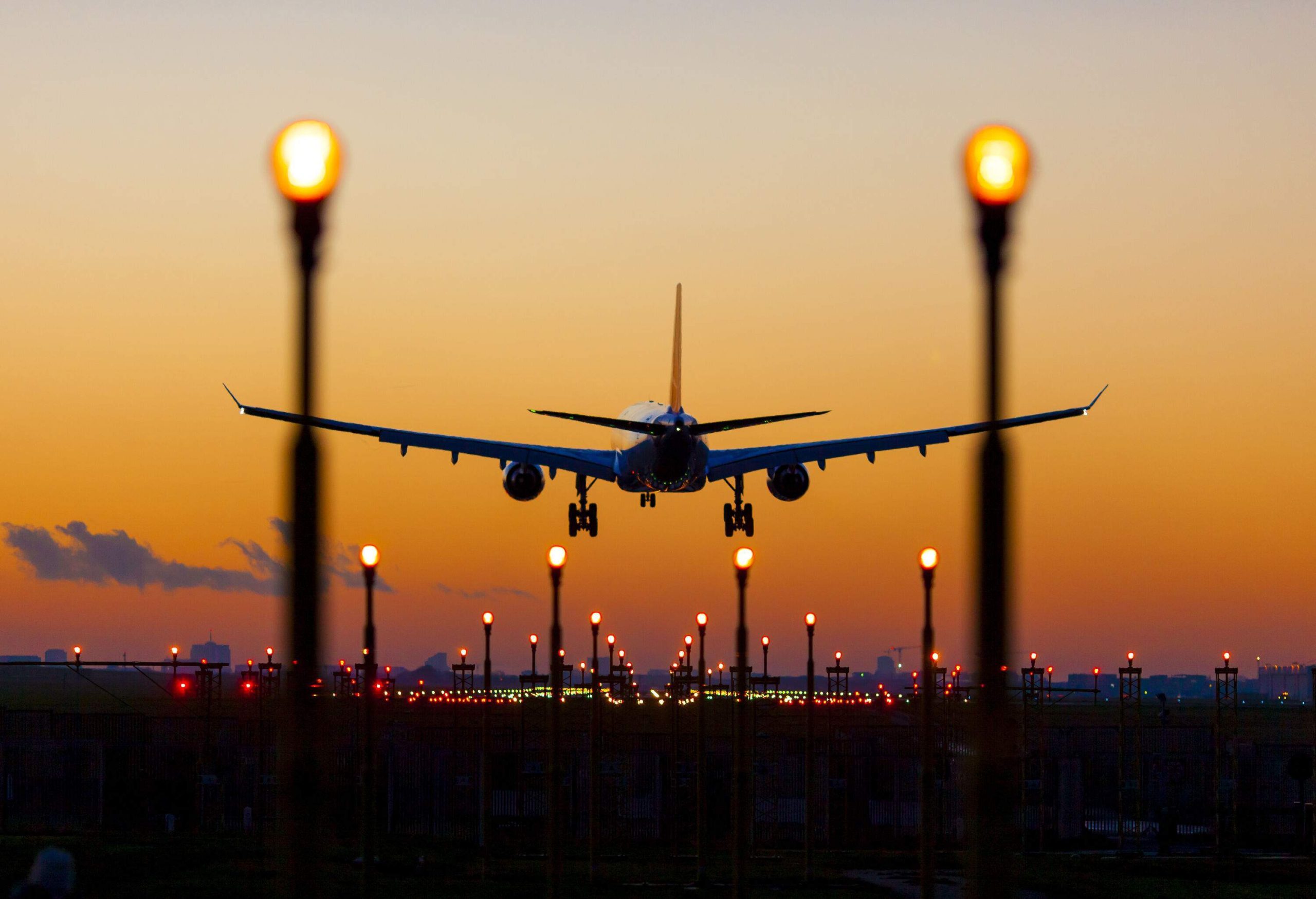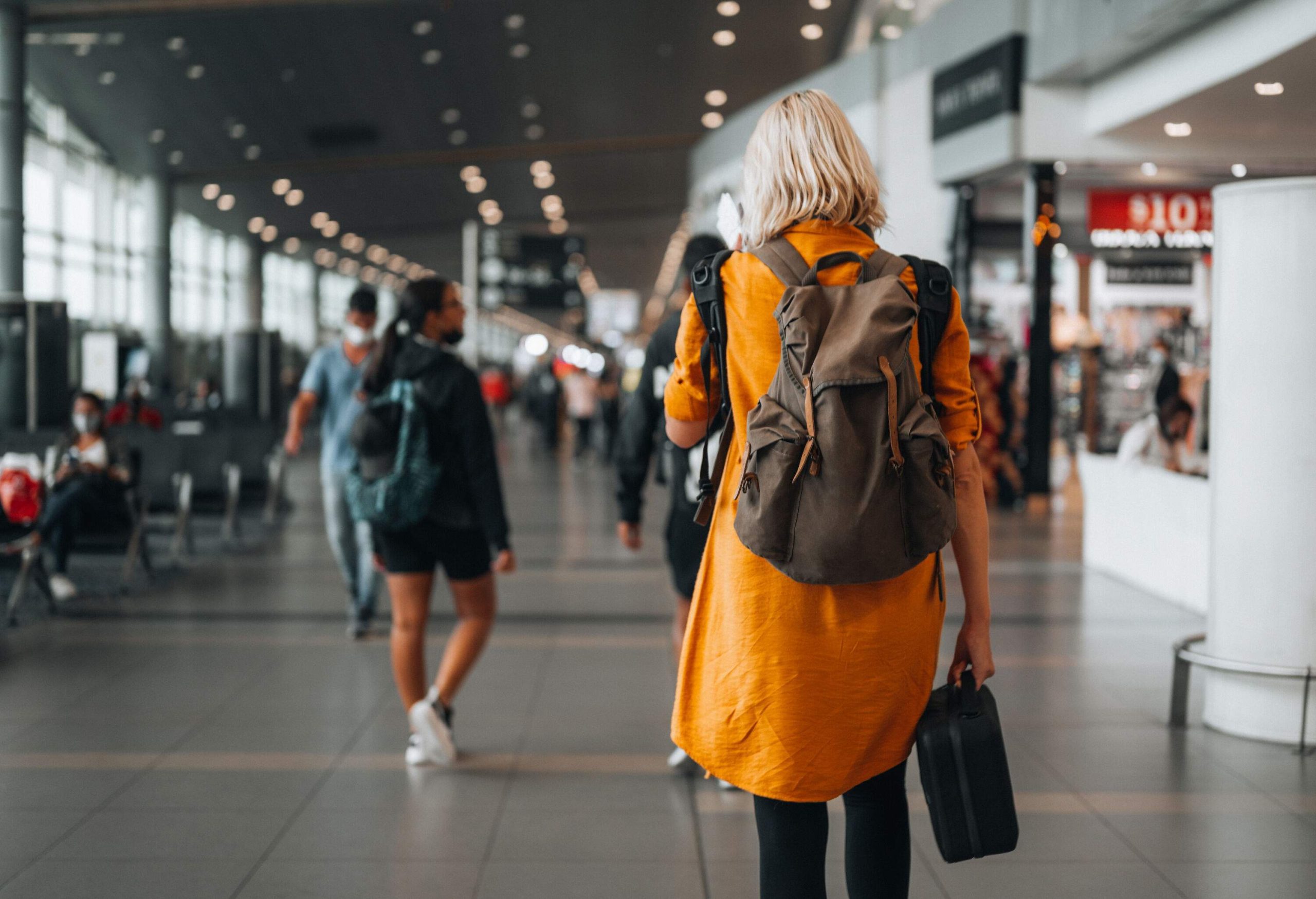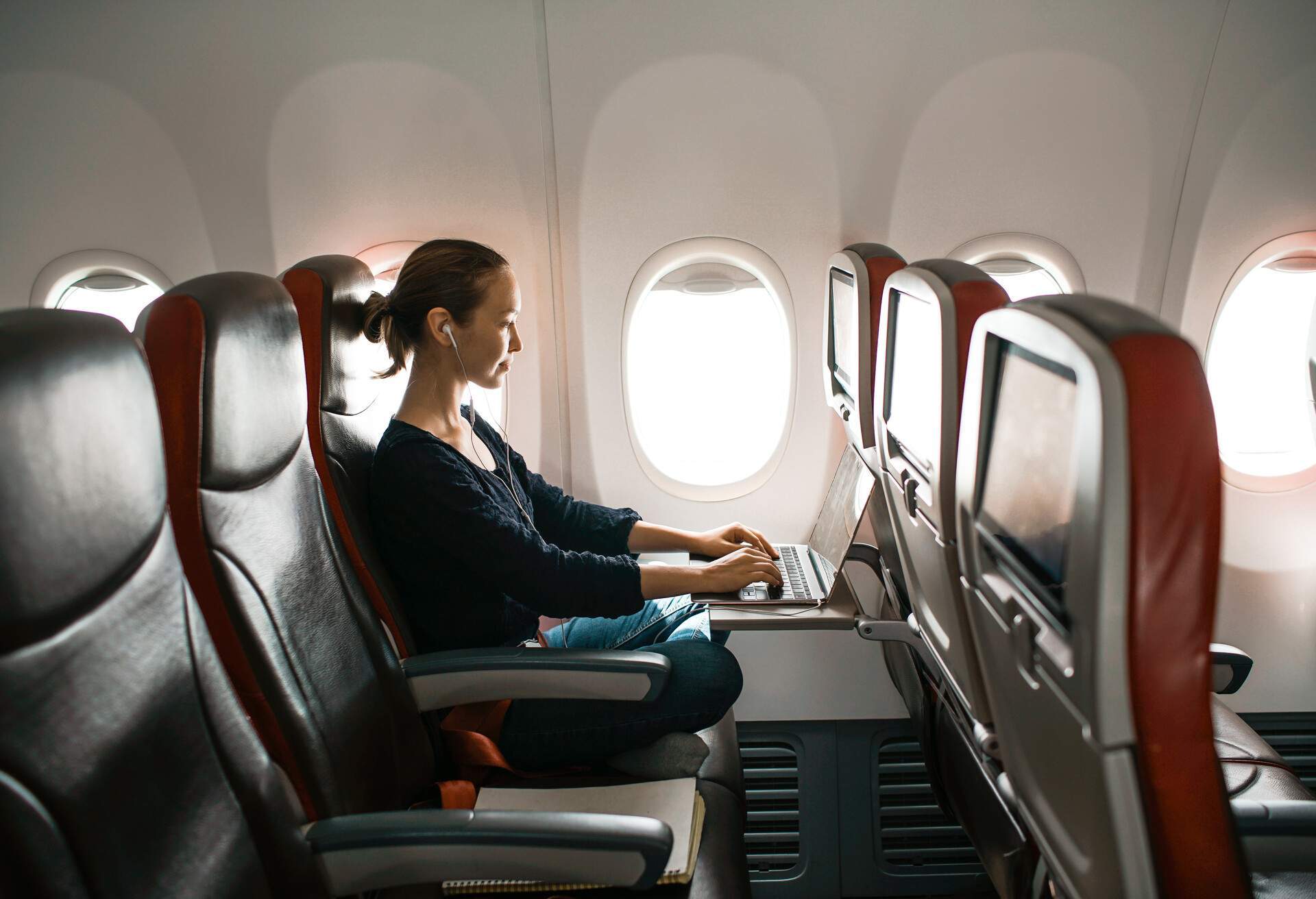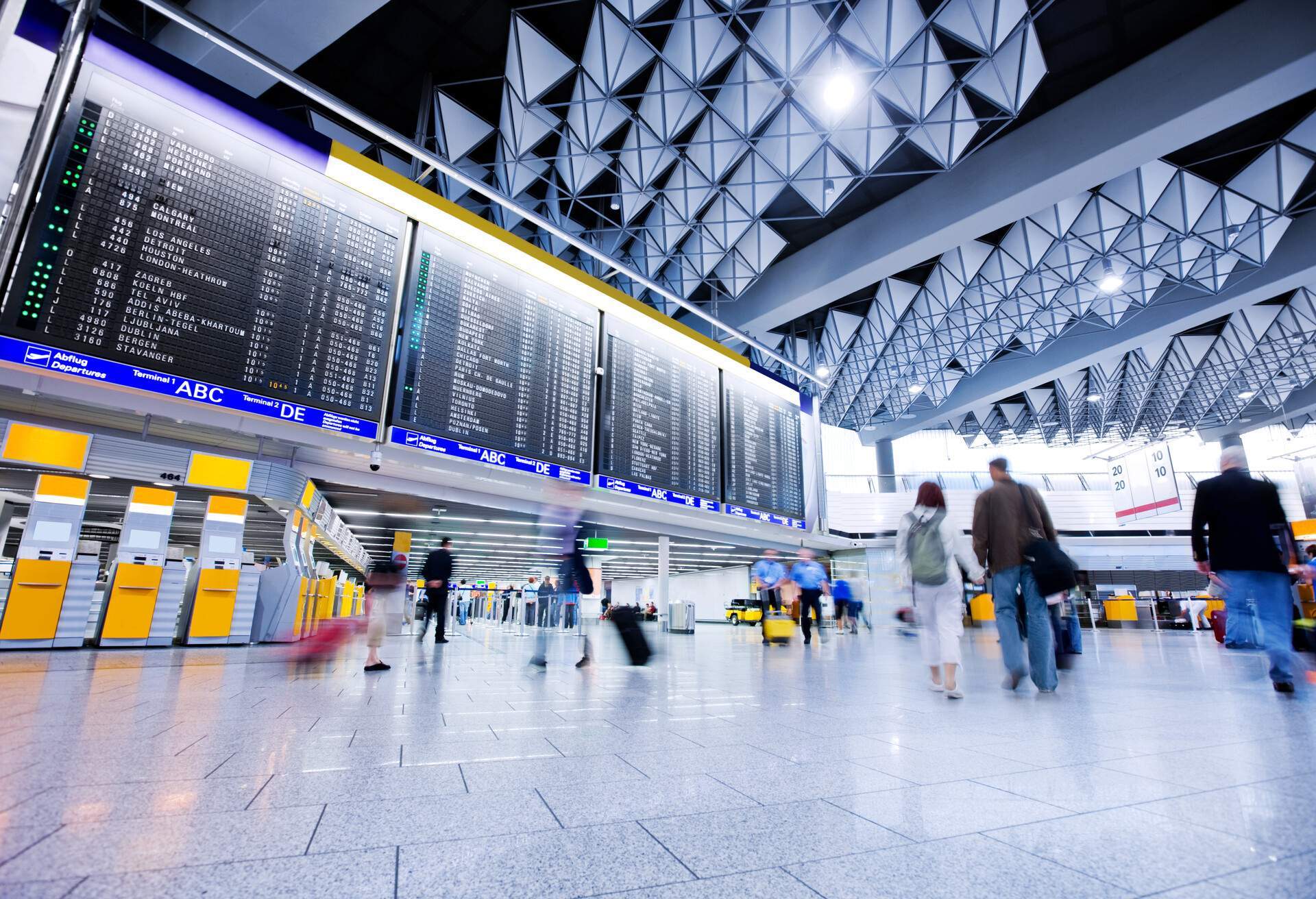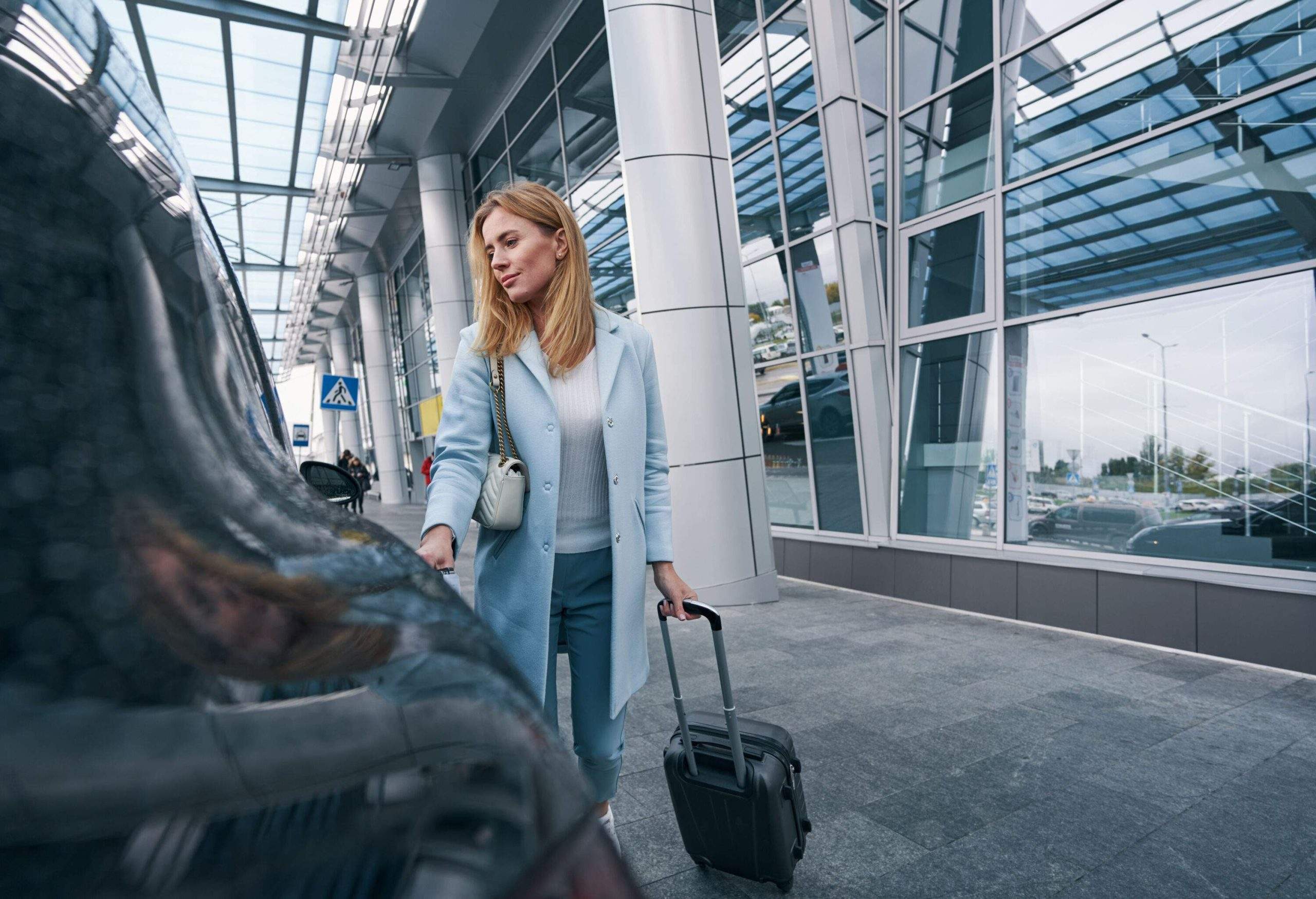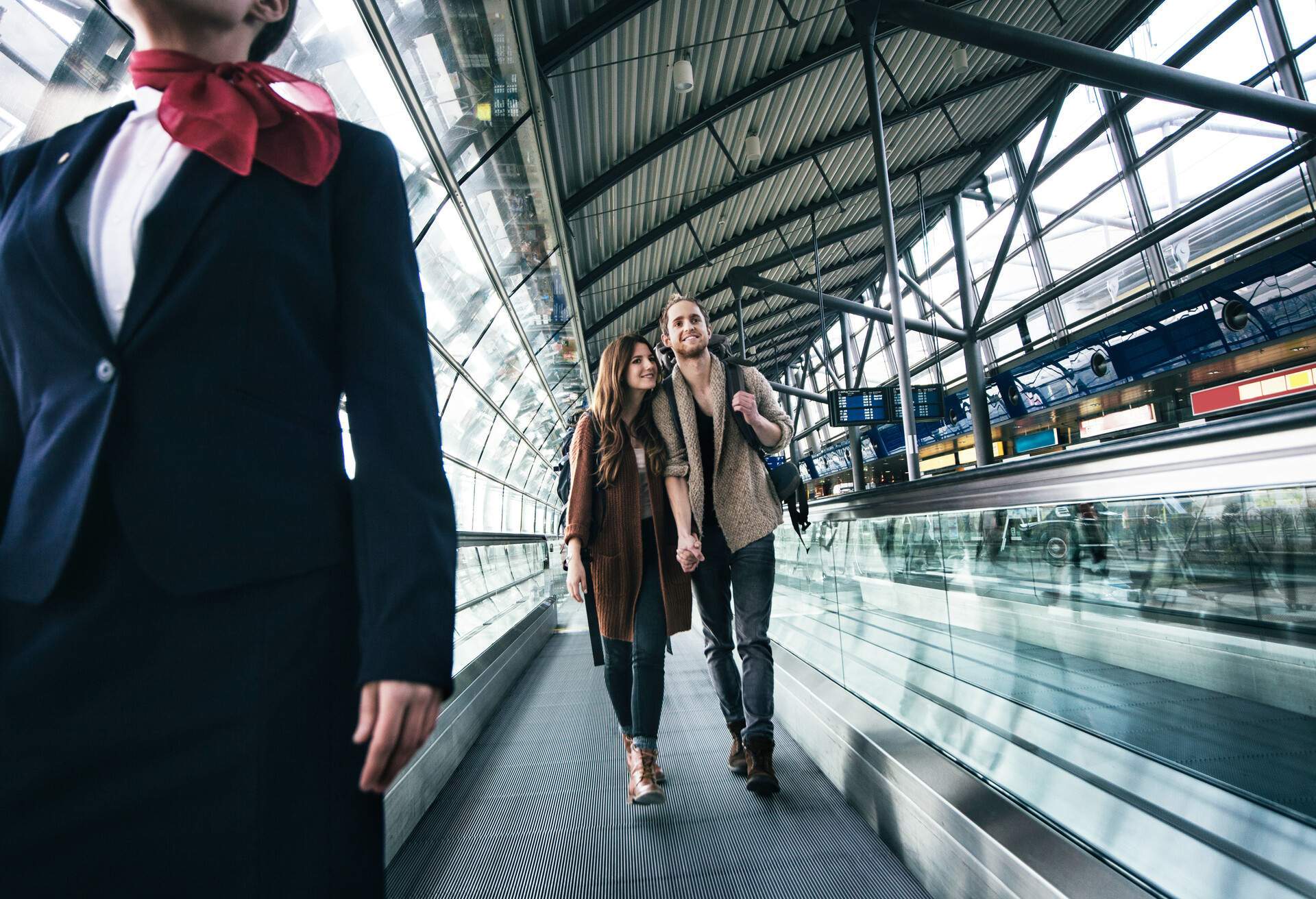After clearing security and passport control, many travellers find themselves wandering through an enchanting place in the airport: duty-free shops.
With enticing displays of chocolate, cosmetics, jewellery, and more, duty -free shopping can be just the ticket for nice bargains (and some last-minute souvenirs). But savings aren't guaranteed – and some items may even cost more than elsewhere. Here’s how to understand whether duty-free is worth it or not.
What does duty-free mean?
Duty-free means that the goods in question – for example, jewellery, alcohol, tobacco products, or food – aren’t subject to local government taxes and import duties since they’re crossing international borders. The general idea is since they’re not being used or consumed in their country of purchase, local taxes aren’t applied.
Most duty-free shops are concentrated in international airports. But they can also be found in seaports, on certain cruise ships and ferries, and some small border towns.
In addition, certain countries, such as Andorra, a tiny nation nestled between France and Spain, are popular destinations for duty-free shopping, especially among Europeans. Although its currency is the euro, Andorra is not a member of the European Union. As a result, it can entice travellers with tax-free prices.
How does duty-free work?
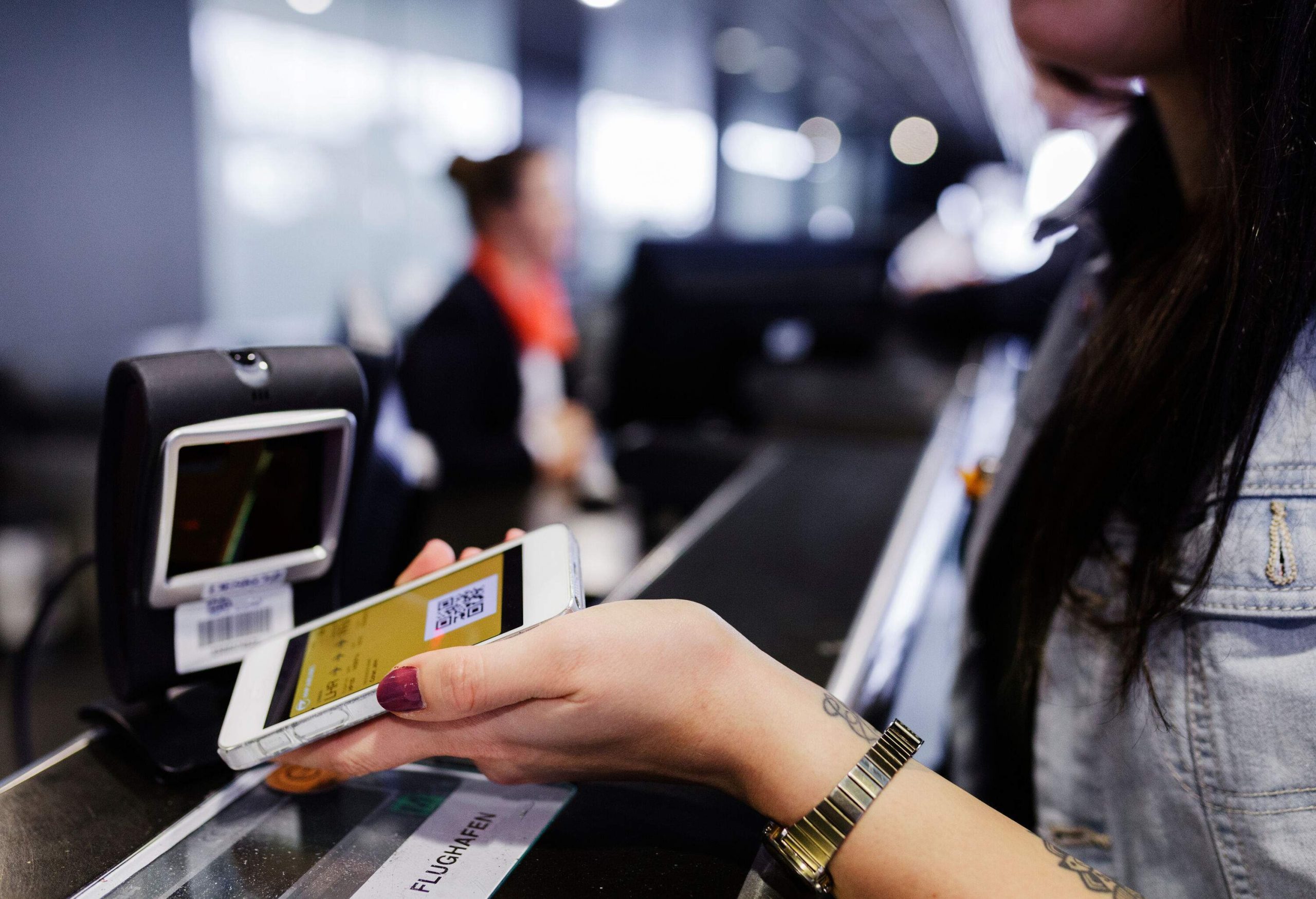
An important rule to remember for duty-free shopping: it’s only available to international travellers.
Travellers can make duty-free purchases at the airport for two general uses: to bring back to another destination, such as their country of residence, or to consume or use wherever they are visiting.
That’s right: one sometimes overlooked advantage of duty free shopping is that travellers can score savings on goods they’ll use during their trip. For example, in places like the United Arab Emirates and Iceland, where alcohol is notoriously expensive, in-bound travellers can buy a bottle or two of their favourite tipple at the airport to drink during their trip and pay far less than retail prices.
The purchasing process is almost the same as in any other retail shop. However, you’ll need to show your boarding pass at the till (so be sure to have it to hand). In addition, if given the choice to pay in local currency or GBP, it’s usually better to pay in local currency to avoid conversion charges – which could negate that good deal you’re getting.
Is duty-free cheaper?

Duty-free shopping usually makes the most financial sense when travellers can buy items or goods not available in their home country or when there are significant discounts. How much travellers can save also will vary widely depending on the country and airport.
In addition, some items can cost more than what you’d pay for them elsewhere, whether online or at a brick-and-mortar shop back home.
So it pays to do some online research beforehand. In addition, some airports also offer duty-free shopping online. It’s a handy way for travellers to compare prices ahead of time to make sure they're getting the best deal. You can also purchase goods ahead of time for pick-up at the airport.
Certain categories of items generally offer decent deals. Among them: consumable goods that are highly taxed – including those subject to so-called 'sin taxes' like cigarettes and alcohol.
In addition, travellers buying duty-free at the airport can avoid the value-added tax (also known as VAT, a local sales tax that's most common in Europe). Depending on the country, VAT ranges from as little as 5% up to a hefty 25%.
What are the best duty-free items to buy at the airport?
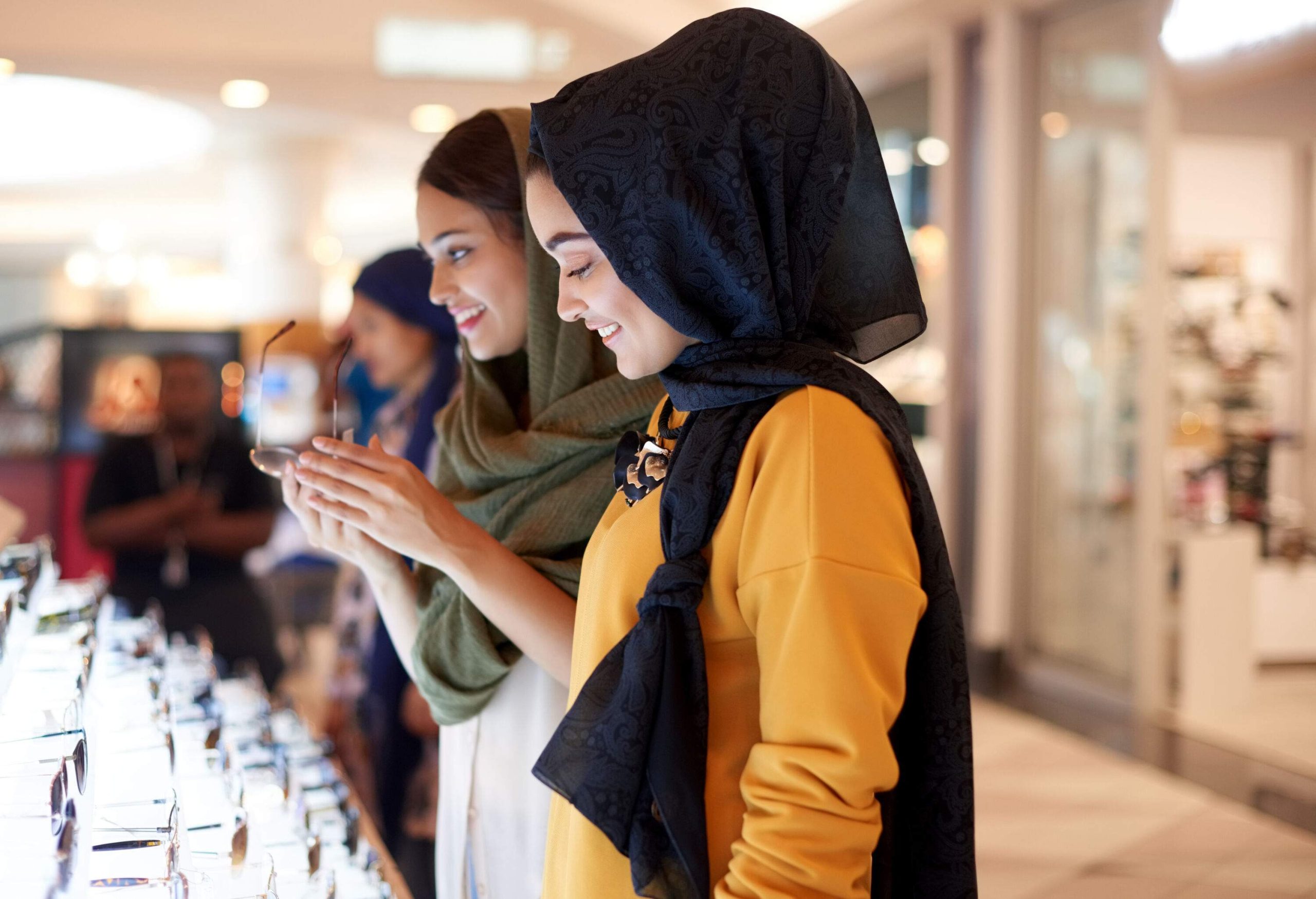
Before going on a duty-free shopping spree at the airport, remember that UK Customs and Border Protection has strict limits on how many duty-free purchases travellers can bring into the country. For example, only a certain amount of alcohol and a certain number of tobacco products may be brought into the country as part of your personal allowance. If you exceed your personal allowance, you will be liable to pay tax and duty on those additional products when you arrive.
Alcohol
Duty-free shops generally offer good deals on alcohol because of high taxes levied on alcohol in many countries. Duty-free airport shops can be excellent options for bringing home a souvenir bottle of a popular local drink (port wine in Portugal, for example) without having to lug it around during your entire trip.
Tobacco products
With high taxes on tobacco products in the UK, smokers can score big savings by stocking up while abroad.
But don’t get too carried away: travellers are only allowed to bring in 200 cigarettes (that’s one carton) tax-free. Cigar aficionados, meanwhile, are allowed 50 cigars as an alternative.
Luxury goods
Deals can generally be found on certain luxury goods, like high-end fashion clothing brands, purses, and jewellery, since the higher the cost, the more you’ll save on taxes. Again, whenever possible, passengers should check prices ahead of time to make sure they’re getting the best deal.
Which airports have the best duty-free shopping?
Duty-free shopping is a key part of the airport experience. But some facilities have levelled up their duty-free offerings as of late, with online availability and even concierge services. Here, a few notable spots where browsing may inspire buying on your next trip.
Hamad International Airport, Qatar (DOH)
With a main terminal offering 430,000 square feet of shopping and dining options, this hub is one of the world’s top airports for shopping. Travellers can peruse the standard duty-free options or score some savings on high-end brands at a dedicated luxury area under the first-class lounge for Qatar Airways.
Dubai airport (DXB)
With one of the world’s largest duty-free areas offering upwards of 492,000 square feet, DXB beckons shoppers with extensive luxury offerings Dubai is known for. The airport also offers special services for duty-free shoppers, such as delivery of goods straight to the gate or to passengers’ home country via online purchasing.
Istanbul (IST)
Another highly-ranked facility, this new airport features a whopping 592,000 square feet of duty-free options. Fashionistas in particular will love the 18,000 square meters dedicated to high-end boutiques.
Singapore Changi Airport (SIN)
Singapore’s Changi Airport ranks consistently among the top airports in the world. No surprise, then, that its shopping options, including duty-free, are best in class. Changi also offers a shopping assistance called Shopping Concierge, which can help travellers suss out the best savings.
Keflavik International Airport, Iceland (KEF)
Keflavik International Airport in Reykjavik is a duty-free shopper’s dream, thanks to excellent duty-free options in both the departures and arrivals area. That means arriving passengers can take advantage of deals much cheaper than Iceland’s exorbitant liquor prices to enjoy during their trip. On the way home, they can stock up on local Icelandic products as unique souvenirs.
Let the buyer beware
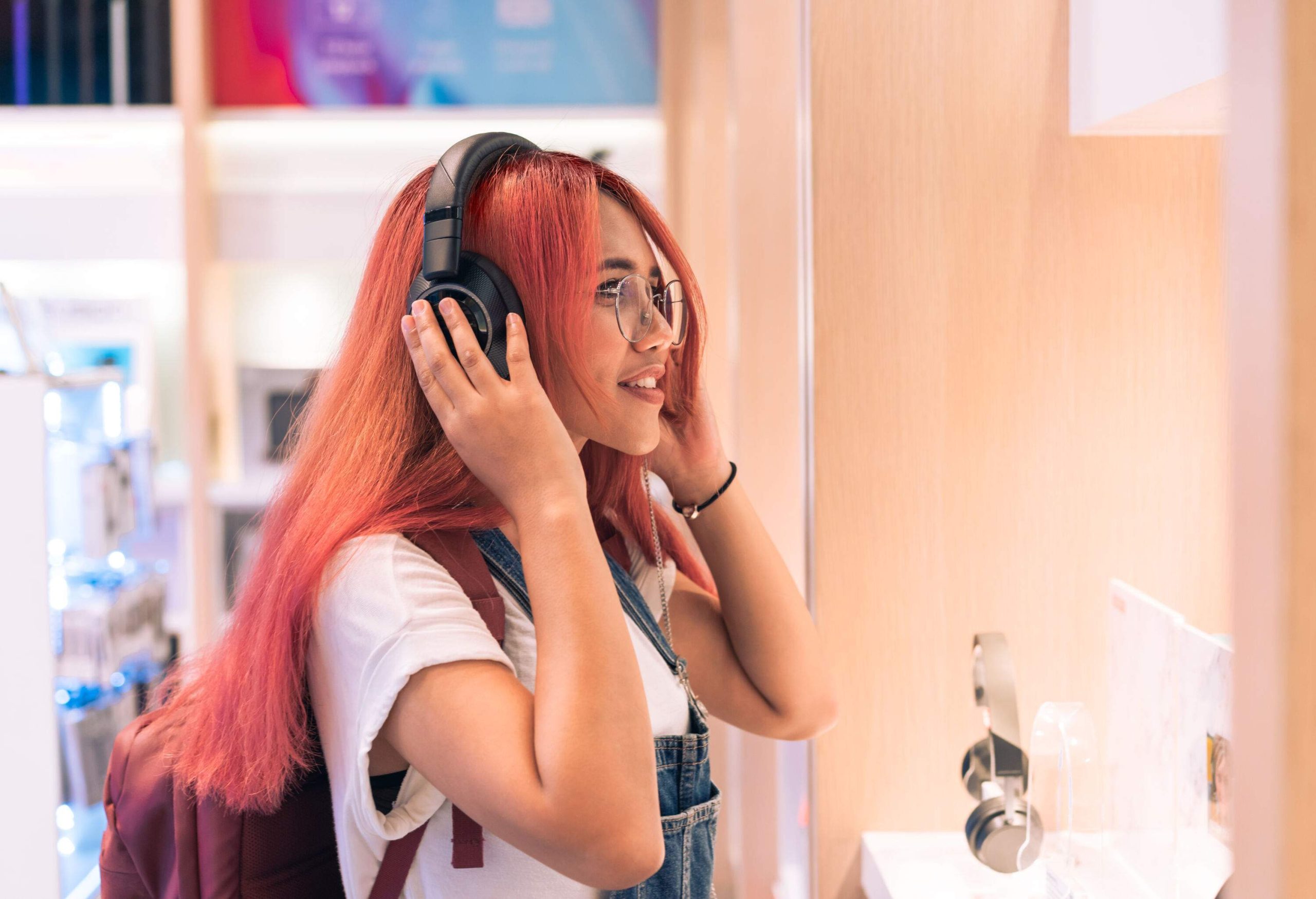
Already an integral part of the airport experience, duty-free shopping is gaining traction among international travellers, who shelled out nearly £28 billion in duty-free stores in 2021. That figure is expected to double by 2029.
Travellers who get the best bang for their buck abroad are those who do a little homework ahead of time, so when they do see a great deal at the airport, they can grab it.
How this guide was created
For this guide, I tapped into the duty-free shopping hacks I’ve honed over the years as a frequent traveller. But I typically don’t pull out my wallet unless there’s an offer or product I know I won’t be able to find elsewhere – or an unbeatable deal.

